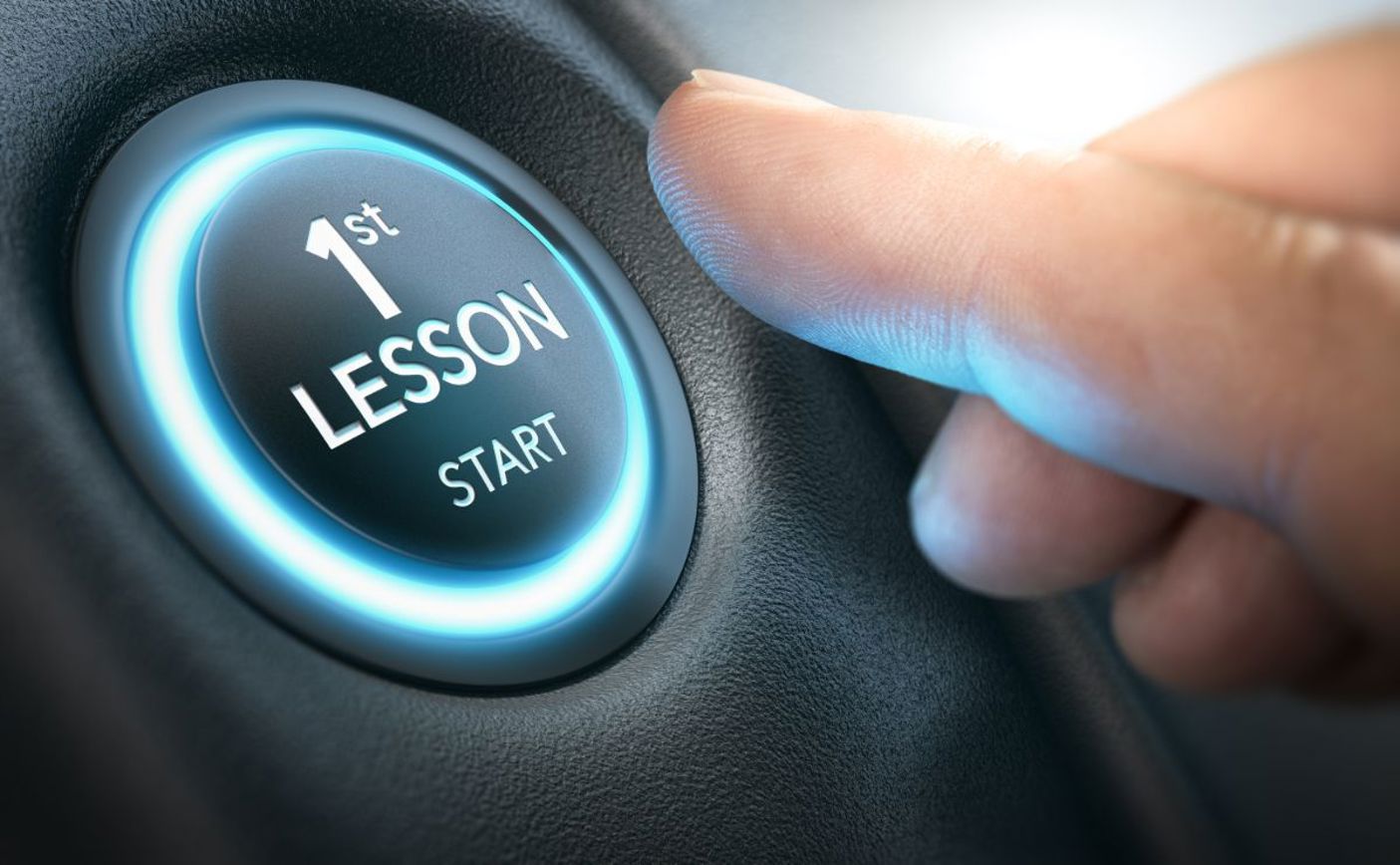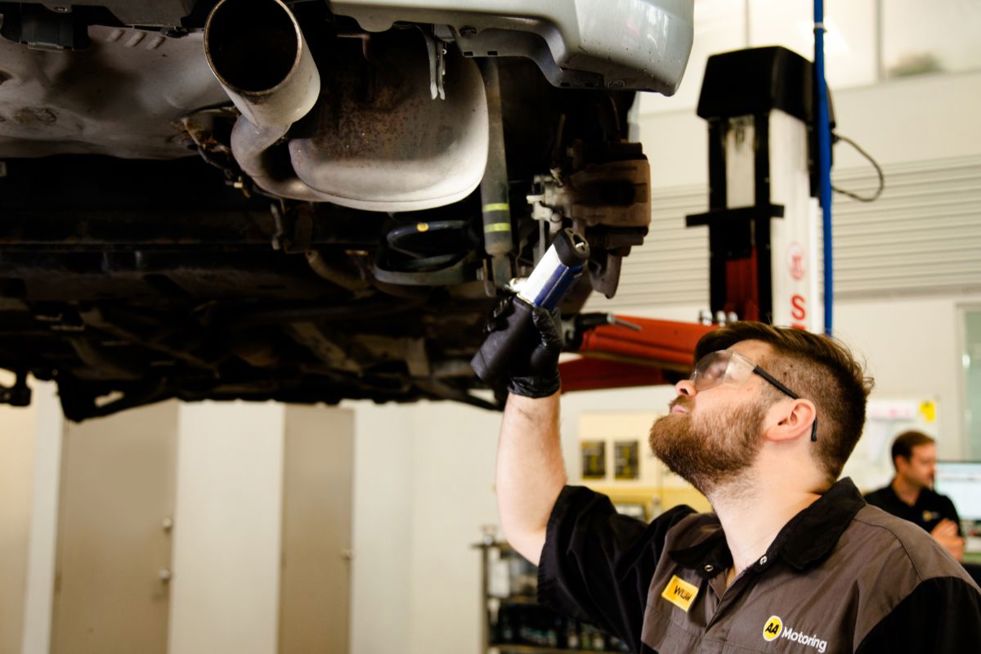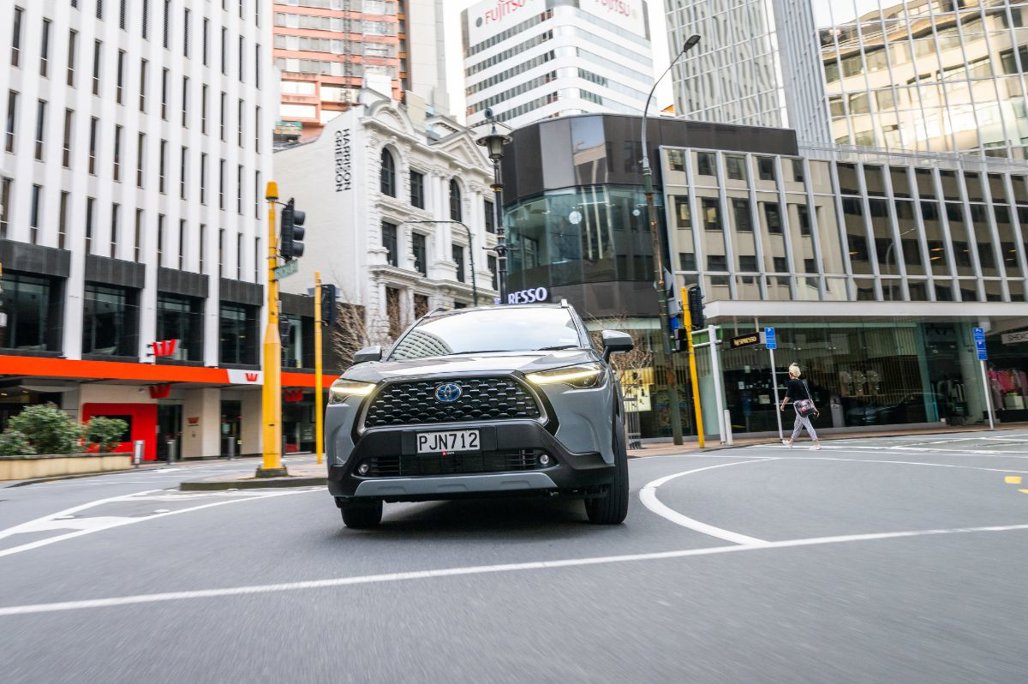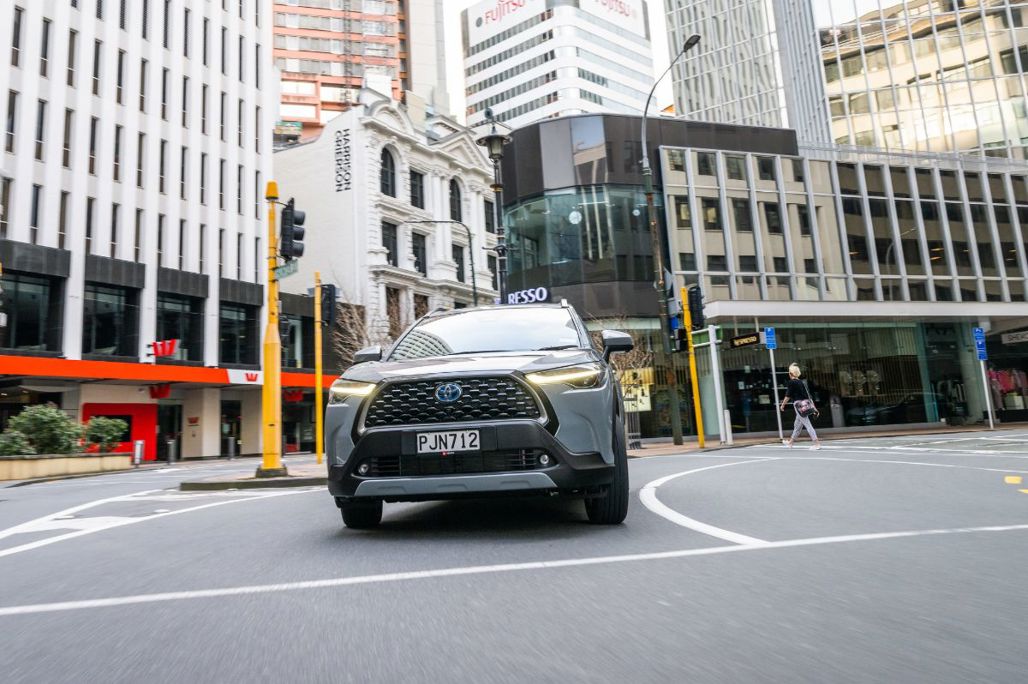Owning a car gives us freedom, independence and flexibility, but the costs can add up quickly. Between fuel, maintenance, and unexpected repairs, it can sometimes feel like you're constantly pouring money into your vehicle.

The good news is there are some very simple things you can do, starting today, to reduce your motoring costs.
Drive smarter
One of the easiest ways to save money is by improving fuel efficiency. Your own fuel efficiency, that is; the way you drive has a big impact on how much petrol your car uses. If you're constantly accelerating hard, braking suddenly, or speeding, then you're just burning through fuel.
Try to drive smoothly—gradually speed up, coast to a stop when possible, maintain a steady pace and read the traffic ahead. If your car has cruise control, use it on highways to avoid unnecessary fuel consumption.
Another simple thing: keep your tyres properly inflated. Underinflated tyres create more resistance, forcing your engine to work harder. A quick check once a month can make a real difference.
Stay on top of maintenance
It might seem like skipping a service or postponing a minor repair will save you money, but in reality neglecting maintenance often leads to bigger, far more expensive problems down the road.

Simple tasks like changing the oil, replacing an air filter, and checking the fluids can help keep an engine running smoothly and efficiently. If you notice strange noises, warning lights, or rough driving, don’t ignore them - getting small issues fixed early can prevent major breakdowns that cost a fortune.
Be smart about fuel
Petrol prices can be unpredictable, but you can still save money by being strategic about where and when you fill up. Some petrol stations consistently have lower prices than others, and apps like Gaspy can help you find the cheapest fuel nearby. Many supermarkets and loyalty programmes also offer fuel discounts; it’s worth taking advantage of those.

If you've ever wondered whether you should be using premium fuel instead of regular, the answer depends on your car. Higher octane fuel (like 95 or 98) is designed to prevent knocking in high-performance or turbocharged engines. If your owner’s manual specifically recommends premium fuel, then using a lower octane fuel that is cheaper at the pump will lower your engine’s efficiency and performance, meaning it will end up costing you more than you save on the cheaper purchase price.
However, if your car is designed to run on regular 91 octane, using premium won’t give you any noticeable benefits; it won’t maintain your engine better or give more power. In that case, you’re just paying extra for no reason. Stick to the octane rating recommended by the manufacturer, and you’ll save money without sacrificing performance.
Remove weight, reduce drag
Your car works harder when it’s carrying extra weight or dealing with increased wind resistance. If you have heavy items in your boot that you don’t need (tools, sports equipment, or old junk), it’s time to clear them out.

External accessories like roof racks, cargo boxes, or bike racks also create drag. If you’re not using them regularly, take them off. Even driving with your windows down at high speeds can reduce efficiency, by increasing aerodynamic resistance.
Keeping your car as sleek and lightweight as possible is an easy way to save money at the pump. And it’s also good to have a cleanout, right?
Combine trips and drive less
Every time you start the car, you’re using fuel. Instead of making multiple short trips throughout the day, try to plan ahead and combine errands into one outing. If the supermarket is near your gym, do both in the same trip instead of driving out twice.
Walking or biking for shorter distances can also save fuel, while giving you some extra exercise. If you’re commuting daily, consider carpooling with friends or coworkers to split fuel costs - it’s a simple way to cut expenses while being more eco-friendly.
Take care of small fixes yourself
Not every car issue requires a trip to the mechanic; learning how to do basic maintenance yourself can save a lot of money over time. Things like replacing windscreen wipers, changing air filters, topping up fluids, and even swapping out a battery can often be done with minimal tools and a YouTube tutorial. Even if you're not super-handy, it’s worth learning a few simple fixes to avoid unnecessary labour costs.
By making some small changes, you’ll notice a big difference in how much you spend on your car. The key is being proactive - keeping up with maintenance, driving more efficiently, and making smarter choices about fuel and repairs. Not only will you save money, but your car will also run better and last longer. And who doesn’t want that?





